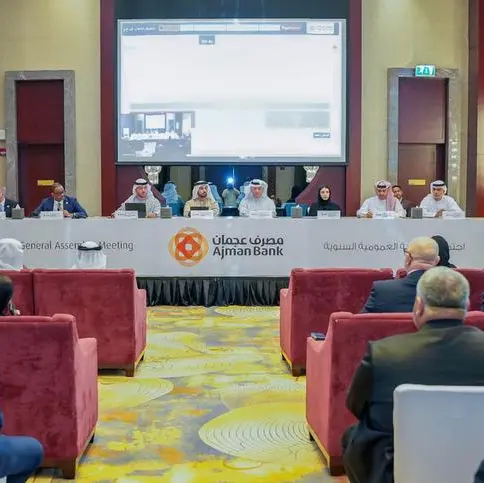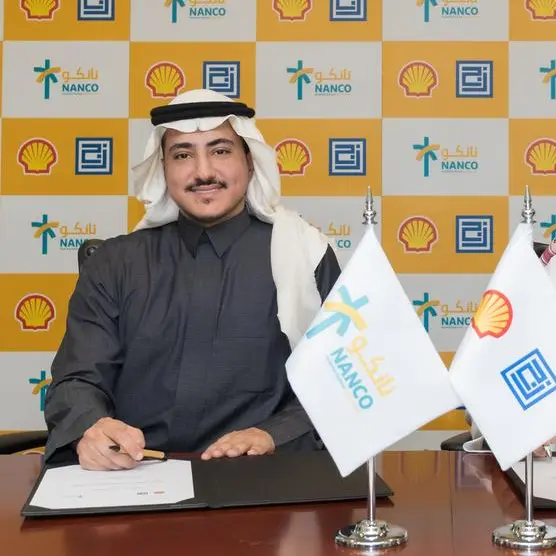This contribution will improve access to food and ensure that vulnerable people, including women, have access to an adequate and nutritious diet in times of need, particularly during the lean season, more commonly referred to as the period between planting and harvesting. The assistance to the identified people will be through monthly cash transfers via mobile money and commodity voucher assistance.
“Germany hopes that this funding will contribute to mitigating the suffering of vulnerable people at a time when more of them are in need of humanitarian assistance,” said Andreas Pesche, German Ambassador to South Africa, Lesotho and Eswatini, based in Pretoria. “We commend WFP for its continuous efforts to improve the lives of vulnerable people in the southern Africa region.”
According to the 2021 Integrated Food Security Phase Classification, about 312,000 people of the total rural population in Lesotho are food insecure and the Lesotho vulnerability Assessment report estimated that a total of 158,000 urban population in Lesotho is food insecure. In total, about 470,00 people are food insecure and require humanitarian assistance to reduce food gaps, protect and restore livelihoods and prevent acute malnutrition.
“WFP welcomes this timely and generous contribution from the people of Germany to enable us to respond to the most urgent humanitarian needs across the country, especially during the difficult times of the COVID-19 pandemic which has impacted already vulnerable groups in Lesotho, driving them into increased food insecurity,” said Lesotho WFP Country Director and Representative, Aurora Rusiga. “This contribution from Germany will go a long way in assisting vulnerable people who are finding it increasingly difficult to put food on the table and in dire need of support.”
WFP aims to assist 122,000 food insecure people through emergency response assistance until the end of the lean season in March 2022 with monthly cash transfers via mobile money and commodity vouchers. Beneficiaries receive USD 47 per month to help meet their basic food needs. Presently, the available funding will allow WFP to assist a total of 44,000 food insecure people.
Distributed by APO Group on behalf of World Food Programme (WFP).
© Press Release 2021
Disclaimer: The contents of this press release was provided from an external third party provider. This website is not responsible for, and does not control, such external content. This content is provided on an “as is” and “as available” basis and has not been edited in any way. Neither this website nor our affiliates guarantee the accuracy of or endorse the views or opinions expressed in this press release.
The press release is provided for informational purposes only. The content does not provide tax, legal or investment advice or opinion regarding the suitability, value or profitability of any particular security, portfolio or investment strategy. Neither this website nor our affiliates shall be liable for any errors or inaccuracies in the content, or for any actions taken by you in reliance thereon. You expressly agree that your use of the information within this article is at your sole risk.
To the fullest extent permitted by applicable law, this website, its parent company, its subsidiaries, its affiliates and the respective shareholders, directors, officers, employees, agents, advertisers, content providers and licensors will not be liable (jointly or severally) to you for any direct, indirect, consequential, special, incidental, punitive or exemplary damages, including without limitation, lost profits, lost savings and lost revenues, whether in negligence, tort, contract or any other theory of liability, even if the parties have been advised of the possibility or could have foreseen any such damages.



















